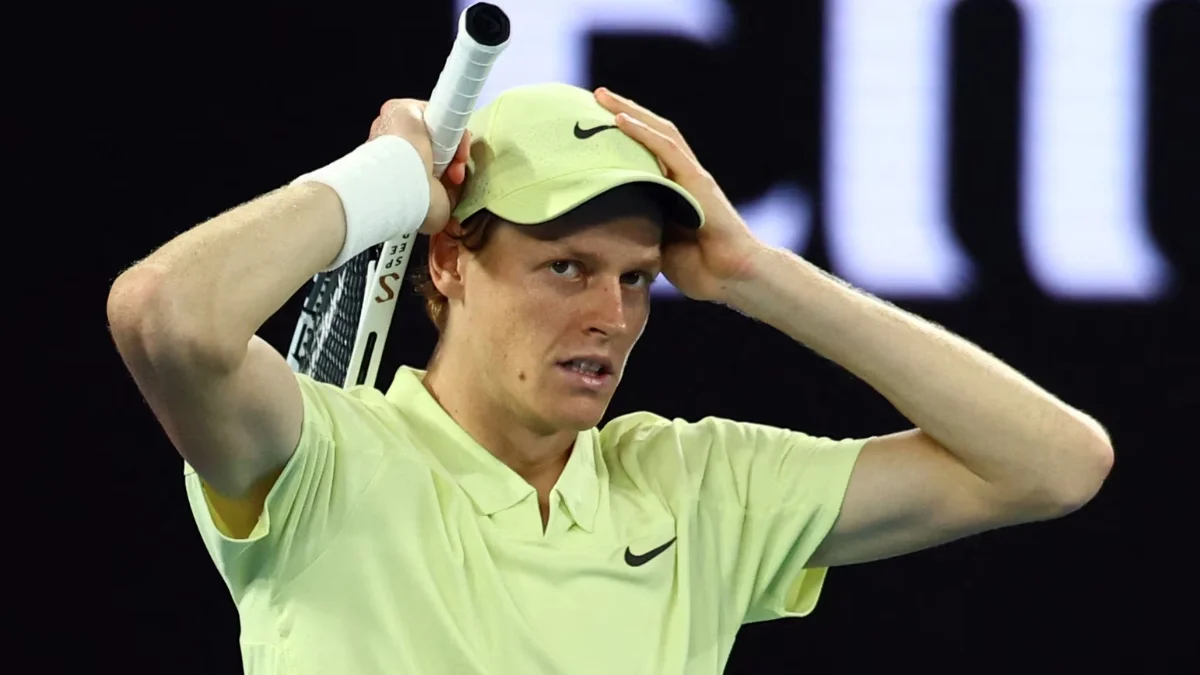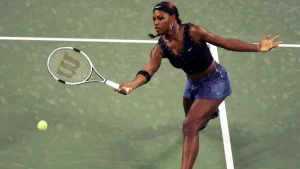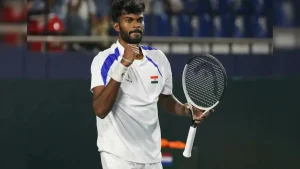The controversial three-month suspension of men’s world No. 1 Jannik Sinner by WADA in March of last year for two positive tests for the anabolic steroid Clostebol provided clarity into the different periods of doping bans for different athletes.
Jannik Sinner’s doping Ban
After consenting into a settlement with the World Anti-Doping Agency (WADA), Sinner was given a three-month ban for testing positive for the anabolic steroid Clostebol, the same drug that resulted in a six-year ban for Spanish figure skater Laura Barquero.
The World Anti-Doping Agency (WADA) challenged that ruling to the Court of Arbitration for Sport after Sinner won the Australian Open last month.
The Italian says he was unaware of the banned substance being involved and pleaded that it was not his intention to use any PEDs (performance enhancing drugs). He blamed his team in this case, the physiotherapist for it and said he would rather settle with Wada than pursue a drawn-out legal battle.
He was then given a three-month ban, which commenced on February 9 and will end on May 4, 2025. Since the French Open begins on May 25, he will not be missing any Grand Slam events during this process.

Tim Henman, former tennis player, has criticized Sinner’s punishment for being “too convenient,” given that it coincides perfectly with the start of the French Open and his victory at the Australian Open.
The four-time Wimbledon semi finalist Henman told Sky Sports News, “First and foremost, I don’t think in any way he has been trying to cheat at any stage, I don’t believe that.” But this remark seems a little too easy to me after reading it this morning.
According to the Anti-Doping Agency, Barquero’s case had some contrasting details that were decisive in varying length of ban from Sinner’s. “The fundamental difference between the two cases is that Ms. Barquero’s version of how the substance entered her system was unconvincing and unclear, such that the circumstances remained unknown as far as WADA was concerned,” WADA stated “In contrast, in the Sinner case, the evidence clearly concurred with the official athlete’s explanation as given in the first instance decision.”
“I don’t think he loses any [ranking] points or his number one spot either,” British tennis player Liam Brody said, describing the punishment as intriguing.
“Earlier, I spoke with other people, and they compared it to a Premier League football player receiving a summertime ban. It’s not an easy one.”
According to Novak Djokovic, most tennis players no longer trust the anti-doping authorities after Jannik Sinner’s three-month suspension, and there is a general perception that the greatest names in the sport are receiving “favouritism.”















